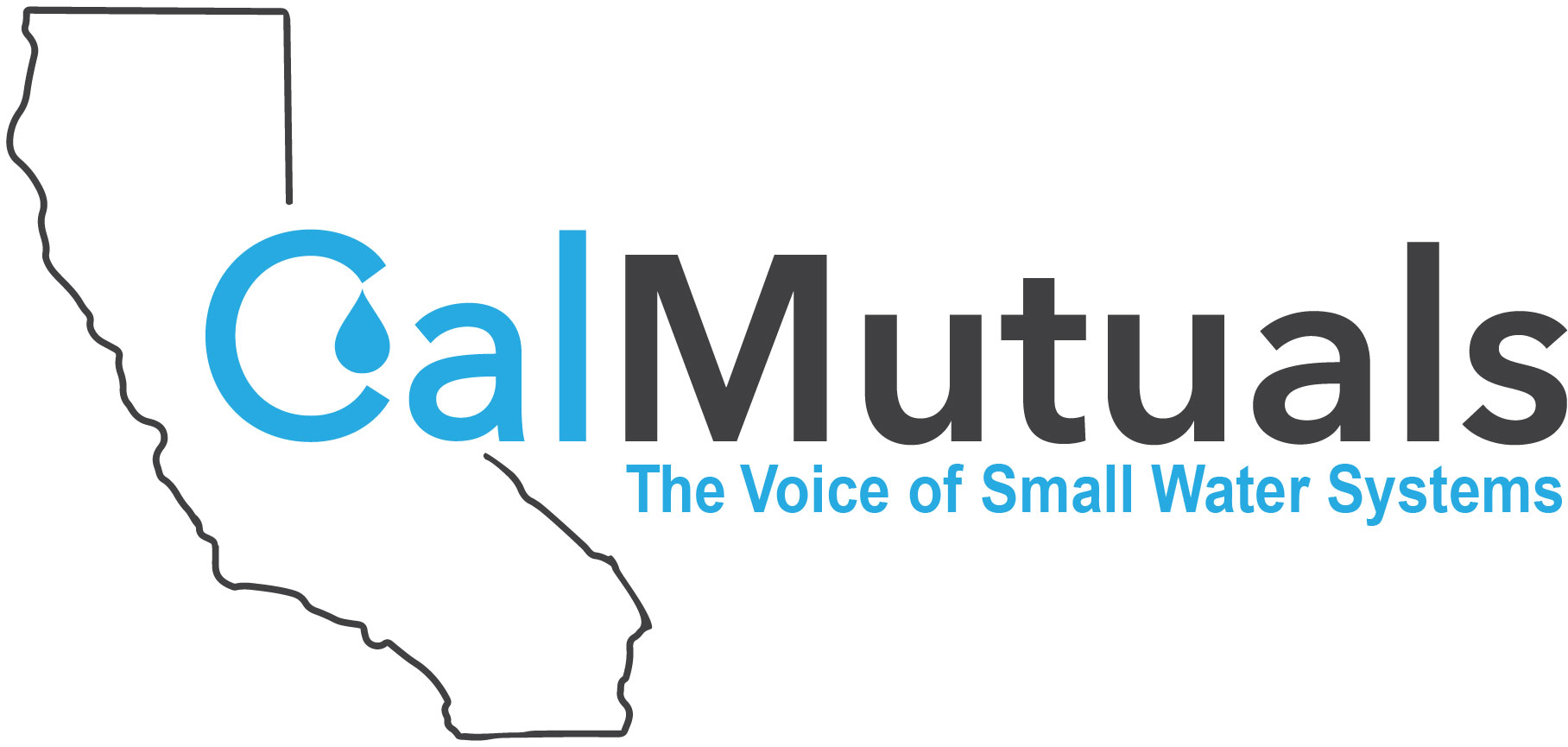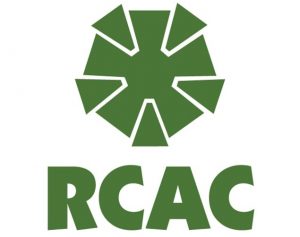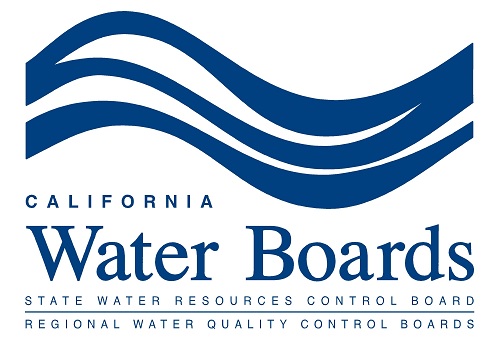Webinar | Managing Agriculture Employee Fatigue [SPANISH]
Webinar OnlyLa fatiga es bastante común entre los trabajadores agrícolas. Además de afectar la productividad, la fatiga reduce el estado de alerta mental y físico, afecta el juicio, hace más lento el tiempo de reacción y puede aumentar la conducta de riesgo de los empleados. Operar o trabajar cerca de maquinaria y equipo agrícola es particularmente peligroso para los empleados fatigados. Este curso explica la fatiga humana, sus efectos sobre la salud y las formas de gestionar la fatiga de los empleados en el lugar de trabajo. Esta sesión cubre: Datos sobre la fatiga y cómo afecta la seguridad y el rendimiento de los empleados. Factores personales de salud y comportamiento de los empleados que contribuyen a la fatiga. Estrategias para manejar la fatiga de los empleados y mantener una fuerza laboral segura y productiva.


